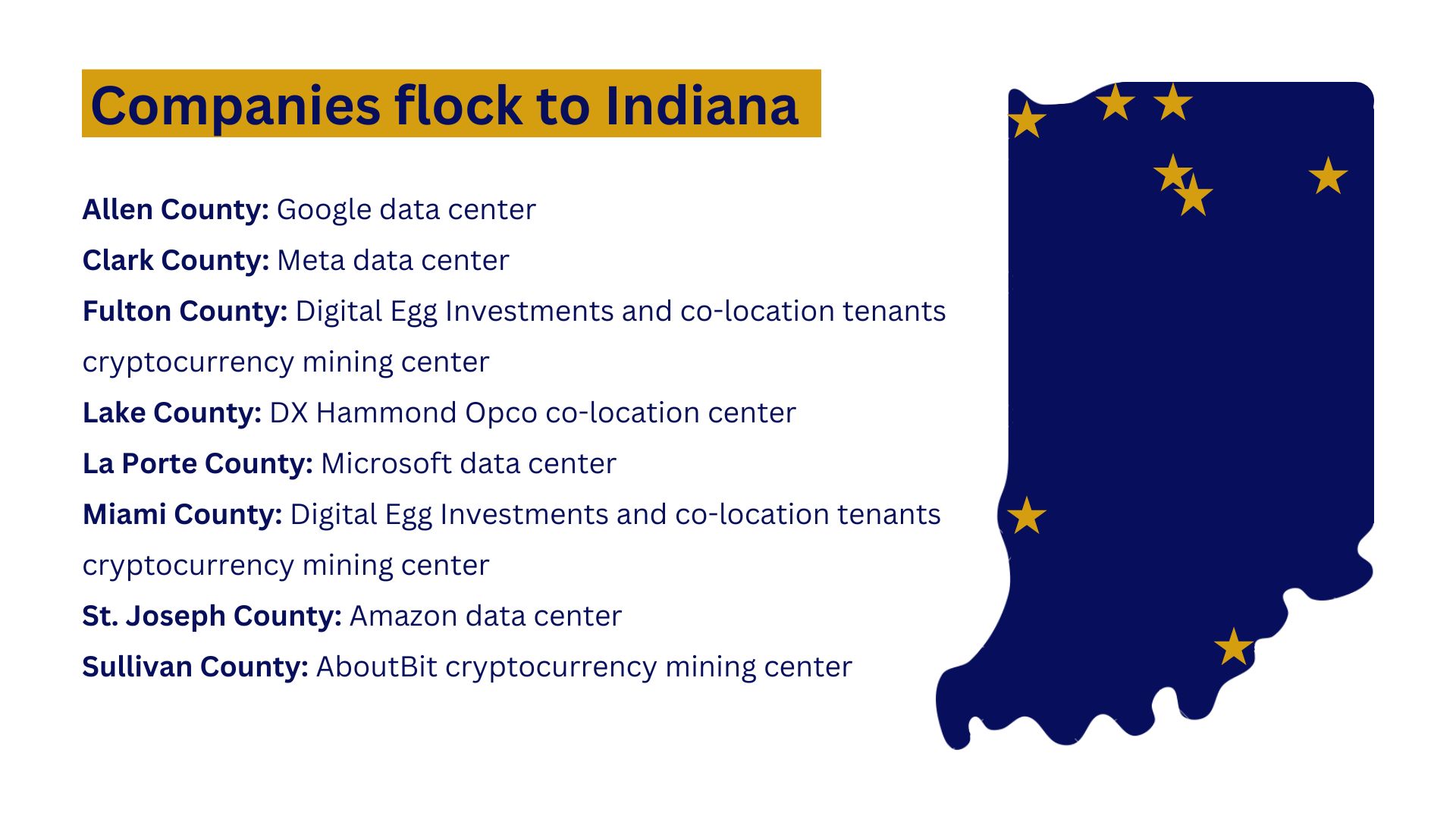
Unveiling the Shadows: The Battle for Transparency in Crypto Mining Incentives
The burgeoning world of cryptocurrency thrives on complex calculations and tech-savvy operations, yet a cloud of secrecy hangs over one of its key components: the financial incentives offered to crypto miners. As I dive into this pressing issue, I find myself drawn to the ongoing legal battle waged by Melanie Faizer, a professor at the University of Tennessee, against the Tennessee Valley Authority (TVA). Faizer’s struggle to peel back layers of obscurity surrounding the TVA’s incentives to cryptocurrency companies prompts us to question the accountability of public utilities in our increasingly digital economy.
 An insight into the realm of crypto mining operations.
An insight into the realm of crypto mining operations.
The Crux of the Matter
In April 2023, Faizer requested access to records pertaining to TVA’s economic incentive grants to cryptocurrency companies, particularly those involving Bitdeer, a company that has become synonymous with extensive energy usage in East Tennessee. Bitdeer, known for consuming a staggering 9.4% of the Knoxville Utilities Board’s electricity while employing merely 30 individuals, seemingly epitomizes the concerns surrounding cryptocurrency mining — massive energy consumption with minimal local benefits. This situation raises profound questions: are these incentives truly in the public interest?
Faizer’s investigation uncovered minimal employment gains against substantial energy expenditures and environmental impact, underscoring a growing unease among local residents. As crypto mines proliferate, often operating under the radar, the pressing need for transparency grows. Especially within the context of TVA, a federally owned utility charged with serving millions, it becomes critical to shed light on how taxpayer dollars are being utilized.
“The public has a right to understand how economic incentives are allocated and whether they genuinely serve our communities,” Faizer notes in her legal pursuit against the TVA.
Secrets Behind Closed Doors
What adds fuel to the fire of this controversy is TVA’s response to Faizer’s requests. Citing competitive pressures and employee privacy concerns, TVA opted to withhold detailed information about the incentives granted to Bitdeer. This is a classic case of prioritizing business confidentiality over public interest, which not only undermines accountability but also fuels distrust in public institutions.
Despite Faizer’s persistence over nearly a year, TVA’s heavy redaction of documents has prompted a legal response. Filing in the U.S. District Court for the Eastern District of Tennessee, Faizer argues that TVA’s evasiveness and “pervasive secrecy” violate the Freedom of Information Act (FOIA), designed to ensure that federal agencies maintain transparency.
A Ripple Effect
The implications of this case extend far beyond the immediate parties involved. As governments and agencies increasingly engage with crypto enterprises, understanding the economic implications of these alliances is crucial. Particularly in light of environmental concerns, the role of such incentives in accelerating energy-intensive operations must be scrutinized. Is the promise of jobs worth the environmental cost? Or are we simply feeding a digital gold rush that leaves our communities in the dark?
 Energy consumption metrics in crypto mining.
Energy consumption metrics in crypto mining.
TVA’s Track Record
The TVA’s history with FOIA requests highlights a larger, troubling narrative. With numerous lawsuits filed against the utility in recent years, concerns of excessive redaction and a lack of transparency have plagued its operations. A recent report indicates that TVA processed 177 records requests from October 2022 to September 2023, with eight fully denied. This paints a sobering picture of a public agency that has drawn criticism for both its opacity and its operational decisions.
A staggering 11 FOIA lawsuits since 2019, including five ongoing, underline a persistent issue. Each legal battle carries the weight of accountability against a backdrop of federal law exemptions that allow agencies to sidestep disclosure under various pretenses, including protecting trade secrets and personal privacy.
A Coalition for Change
Adding another layer to the narrative, the Southern Environmental Law Center has initiated four FOIA lawsuits against TVA. Their advocacy encapsulates the drive for transparency and environmental accountability, calling for disclosures on TVA’s substantial investments in natural gas plants. As they intertwine with Faizer’s case, a broader movement is forming that could reshape how public utilities engage with cryptocurrency and energy-intensive industries.
These lawsuits emphasize a shared belief: the public deserves clarity regarding the decisions made by agencies entrusted with their resources. Environmental advocates argue that information regarding communications with pipeline companies and justifications for gas expansions should be readily accessible, reflecting a growing demand for citizen engagement in energy decisions.
“Unfortunately, we have had to sue to get these documents to make them available to people throughout the Valley,” stated Trey Bussey from the Southern Environmental Law Center. This statement poignantly encapsulates the state of access to governmental information and the necessity for reform.
Conclusion
As the legal battle advances towards trial in November 2025, Faizer’s quest for transparency in TVA’s dealings with cryptocurrency miners stands as a critical juncture in our ongoing dialogue about energy consumption, economic incentives, and public accountability. This case could serve as a precedent, urging us to reconsider how we govern and incentivize emerging industries in an era where cryptocurrency and digital assets shape our economy.
What will the outcome mean for the future of crypto mining in the region? Will it open the floodgates for deeper scrutiny and public discourse regarding the sustainability of these ventures? As this situation unfolds, one thing is clear: the call for transparency in the face of technological progress will resonate long after the gavel falls.
Let us hope this case catalyzes a more profound discussion about the intersection of energy, economy, and ethereal currency — ultimately leading to a more balanced approach that considers the voices of those most affected by these massive, power-hungry operations.















